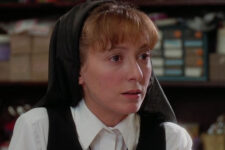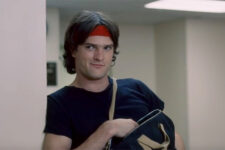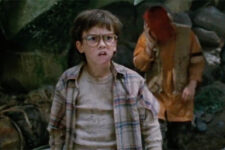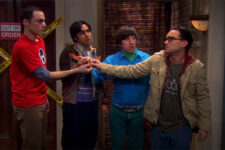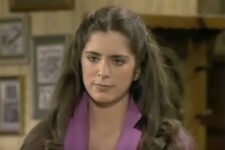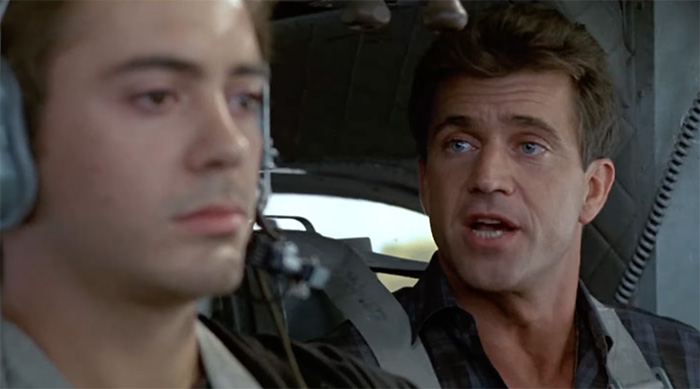
Hollywood thrives on second acts, tales of fallen stars clawing their way back to the limelight. But few stories shimmer with such complex gratitude and forgiveness as the unlikely bond between Mel Gibson and Robert Downey Jr. In the depths of Downey Jr.’s addiction, when studios wouldn’t touch him with a ten-foot pole, Gibson extended a hand, not just a contract. He offered a lifeline, a roof, and, crucially, unwavering belief.
In the late 1990s and early 2000s, Robert Downey Jr.’s career was in a downward spiral, marred by numerous run-ins with the law and struggles with substance abuse. Despite his immense talent, Downey Jr. found himself on the brink of professional ruin. Studios were reluctant to hire him, and his future in Hollywood seemed bleak.
Enter Mel Gibson, an established star in his own right, who had worked with Downey Jr. in the 1990 film “Air America.” Gibson knew firsthand the pressures of Hollywood and the toll it could take. In a move that surprised many, Gibson stepped in to help his friend when few others would. He paid Downey Jr.’s insurance bond, a necessary step for the actor to star in the 2003 film “The Singing Detective.” This act was more than just a financial gesture; it was a vote of confidence in Downey Jr.’s talent and character.
And Downey Jr. shone. His raw, vulnerable performance was hailed as a career-defining comeback. It wasn’t just the role; it was Gibson’s support, a safe harbor during Downey Jr.’s tumultuous personal journey. Gibson, who had battled his own demons, understood the darkness, the desperate hope for redemption. He didn’t preach sobriety, he offered acceptance, a belief in the man beneath the addiction.
Years later, as Iron Man propelled Downey Jr. into megastardom, the tables turned. Mel Gibson found himself in the midst of controversy and public backlash due to a series of personal and legal troubles. The man who had once been a beloved actor and director was now a pariah in the industry he had contributed so much to.
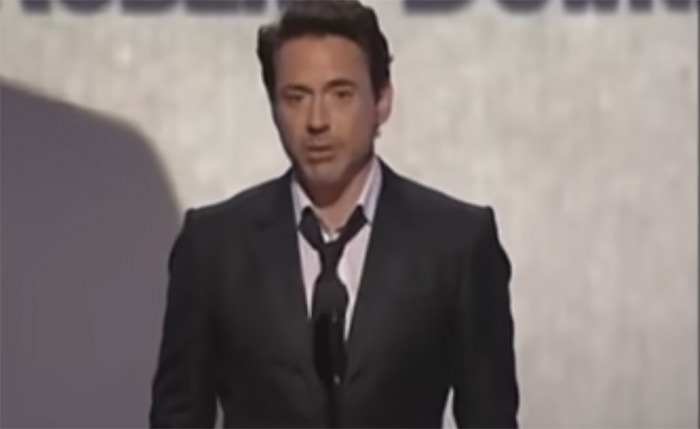
In a twist of fate, it was now Robert Downey Jr.’s turn to extend a hand of support. At a 2011 awards ceremony, Downey Jr. made a public plea for Hollywood to forgive Gibson. He spoke candidly about his own journey and how Gibson had been there for him in his darkest hour. Downey Jr. asked the industry to give Gibson the same chance to be redeemed that he had been given.
Downey Jr.’s stance on Gibson was met with mixed reactions. Some praised his empathy and willingness to see beyond the headlines. Others felt it was premature to forgive someone with such a history of hurtful behavior. The question remains: Can Mel Gibson truly be redeemed?
Gibson, for his part, has expressed remorse for his past actions and undergone therapy. He has returned to directing, with films like “Hacksaw Ridge” garnering critical acclaim. However, the shadow of his controversies lingers.
Downey Jr.’s quest to redeem Gibson isn’t about condoning his past transgressions. It’s about recognizing the complexities of humanity, the capacity for both great flaws and profound generosity. It’s a reminder that even the brightest stars can fall, and even the fallen can reach for the light, sometimes with the help of a hand extended in the darkest hour.

